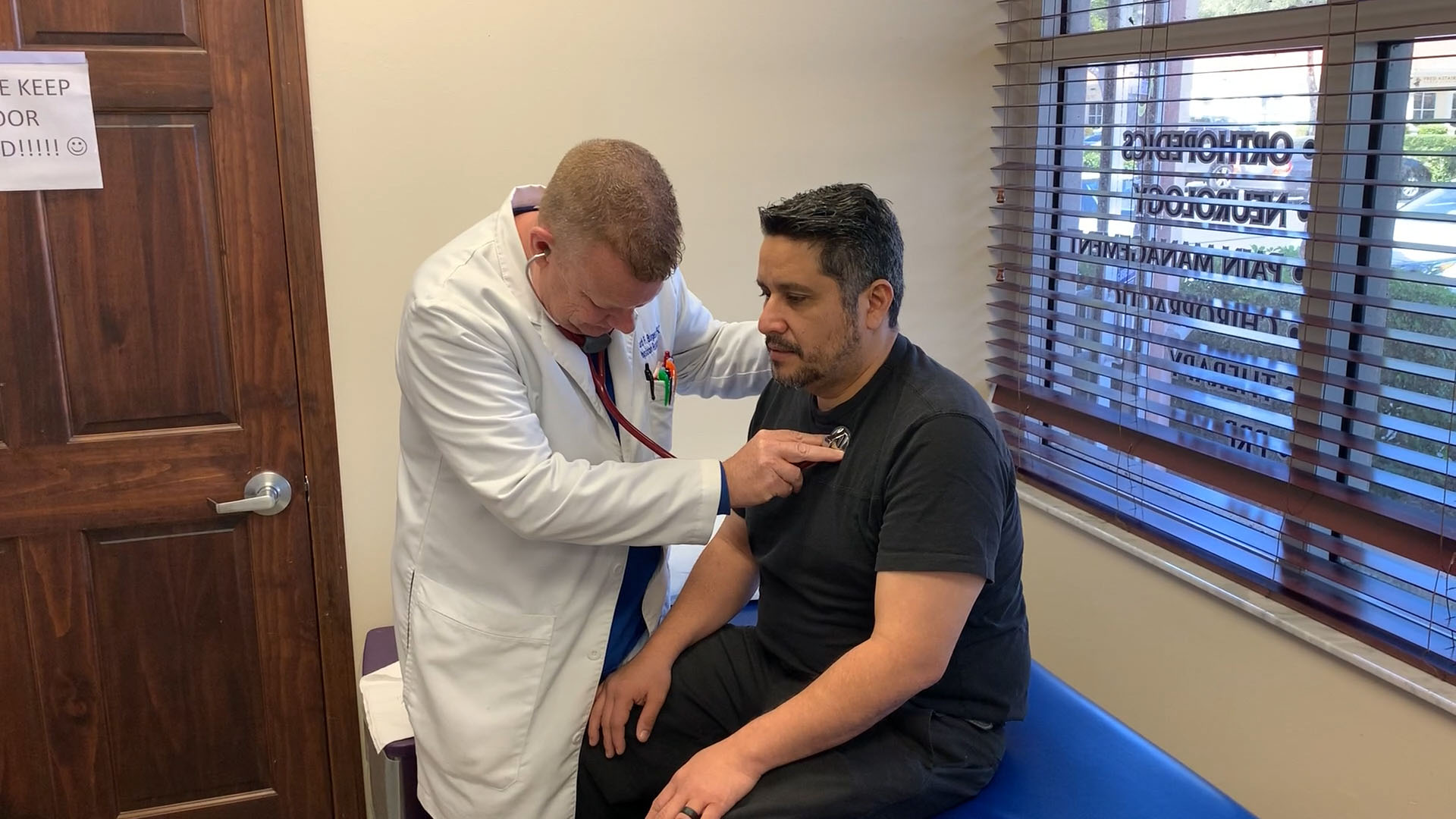What is primary medical care for?
Primary care covers a number of common health concerns, including but not limited to:
Common Colds and Viruses: Over 200 strains of virus cause minor symptoms, such as cough, sore throat, runny nose, and fever. It’s normal for a healthy adult to get sick a couple of times each year. If your illness persists, worsens, or recurs, however, a visit to primary care will determine if you have a more serious condition.
Respiratory Ailments: Persistent coughs are usually nothing to worry about, but it’s best to seek treatment to avoid develop complications. Coughing also spreads germs and leaves you (and those around you) vulnerable to additional illnesses. Recurring respiratory illness can cause permanent damage to your lungs.
Rashes: Many common substances can cause pain, redness, dryness, or swelling of the skin. Often, these rashes require no special treatment; they appear once and go away when treated with a simple topical ointment. In the rare case that a rash is persistent, we can refer you to a specialist for additional care.
Preventative Care: Annual physicals are the best way to track potential and developing health issues. This can prevent future complications. Taking care of yourself today can help you avoid trips to the emergency room a few years down the line.
General Illness: Sometimes it’s not clear what you need, especially if you’re a caregiver to someone who is nonverbal. If you’re unsure what the problem is or who to call, primary care is the best place to start.


